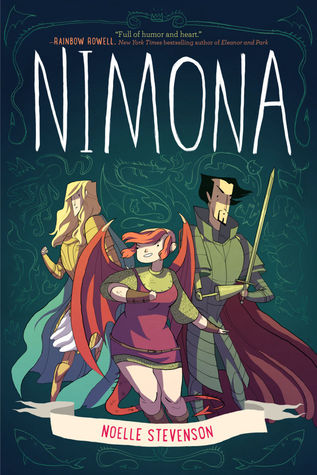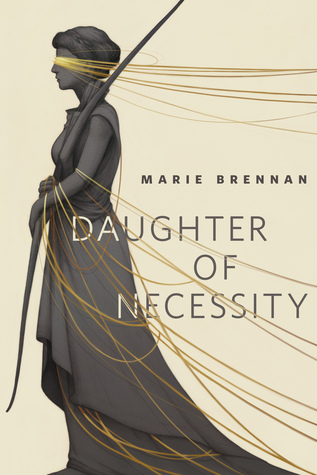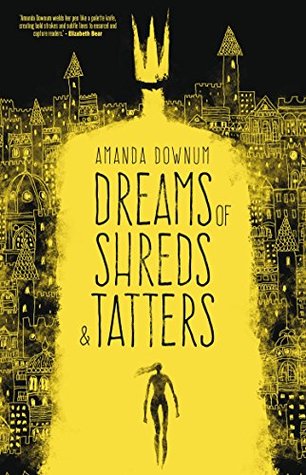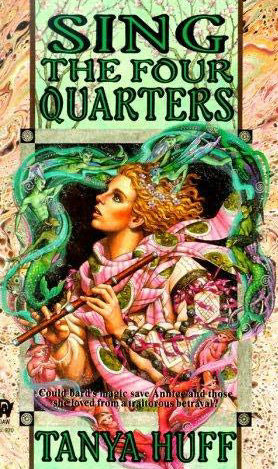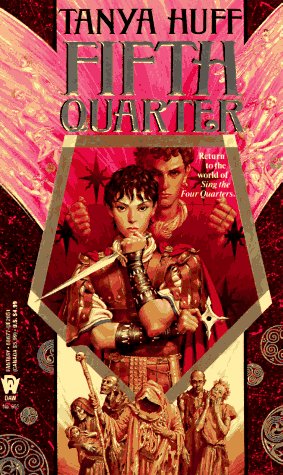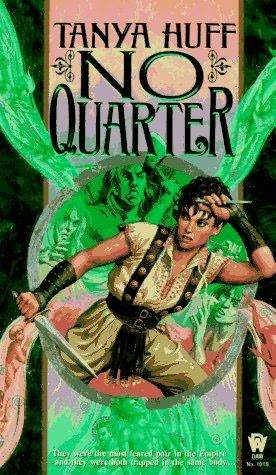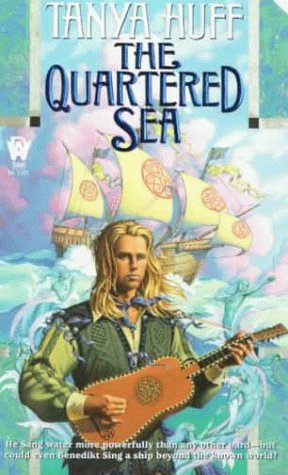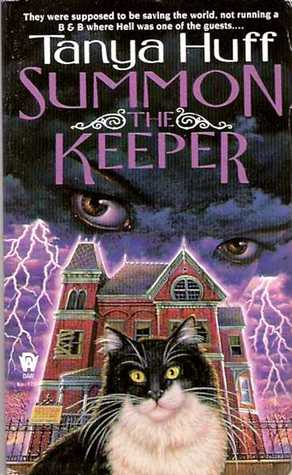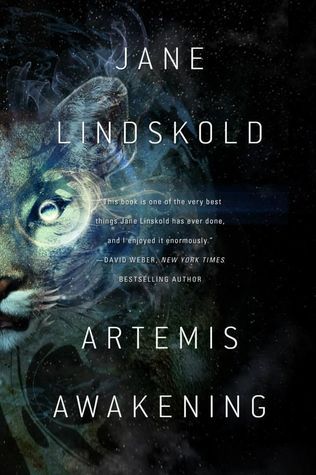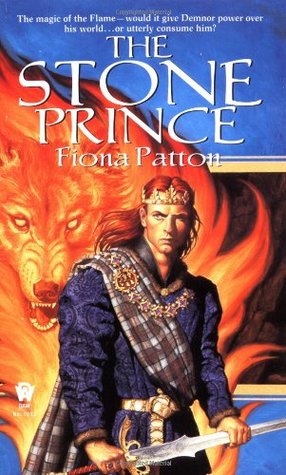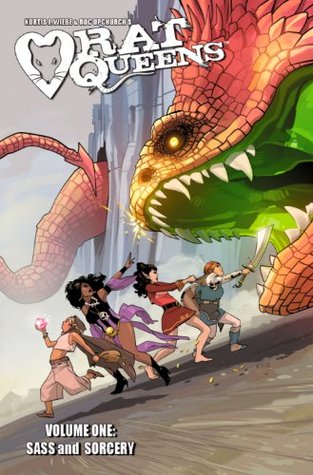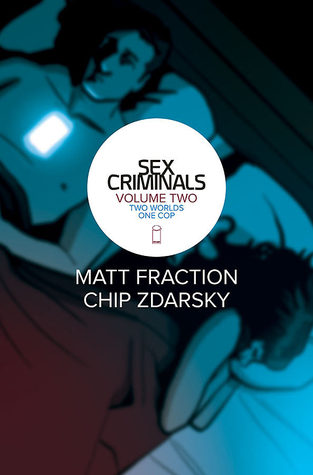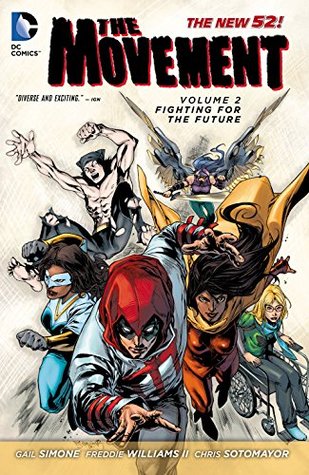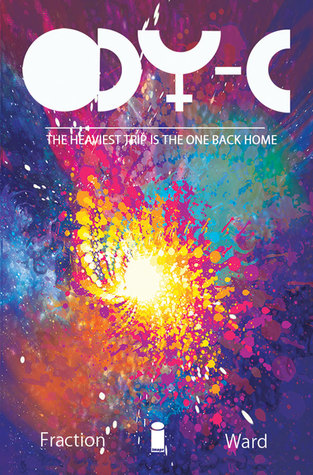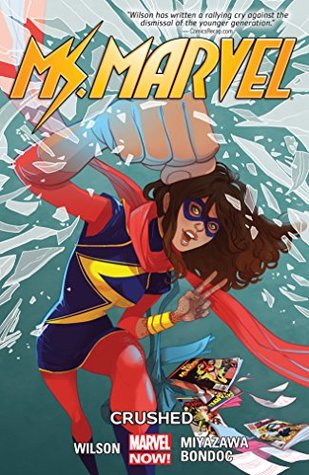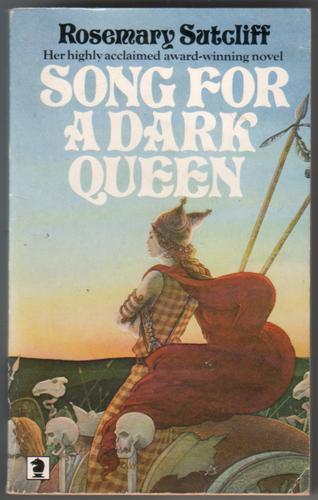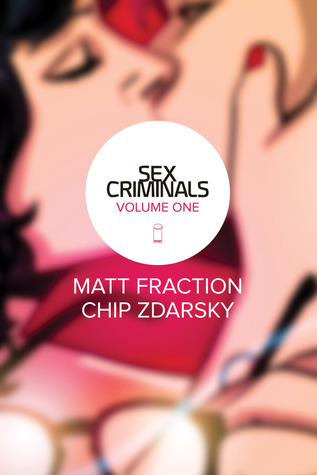 Sex Criminals: One Weird Trick, Matt Fraction, Chip Zdarsky
Sex Criminals: One Weird Trick, Matt Fraction, Chip Zdarsky
And now for something completely different to Nimona! Obviously, Sex Criminals is a pretty adult comic, though it’s not actually an “adult comic” in the sense of being porn. It just has a lot of sex-related humour and, of course, a completely bizarre sex-related premise: what if your orgasms could stop time?
It’s very ridiculous, with some fun art and quirky narration. It gets a bit confusing timeline-wise between what’s happening when and in what sequence, how people know other stuff. It’s also strangely cute, the relationship between Suzie and Jon: “this guy. This fucking guy.” And the holding hands, the immediate obsession, the way they talk about what happened to them and the coming-of-age aspects of it… Yeah, surprisingly cute.
It basically is one big bizarre idea carried to extremes, and I probably wouldn’t have picked it up myself — I just borrowed it after my partner grabbed it. It is funny, and weird, and perhaps worth a try if you don’t mind a lot of sex-based humour and some grossness.
Rating: 3/5

